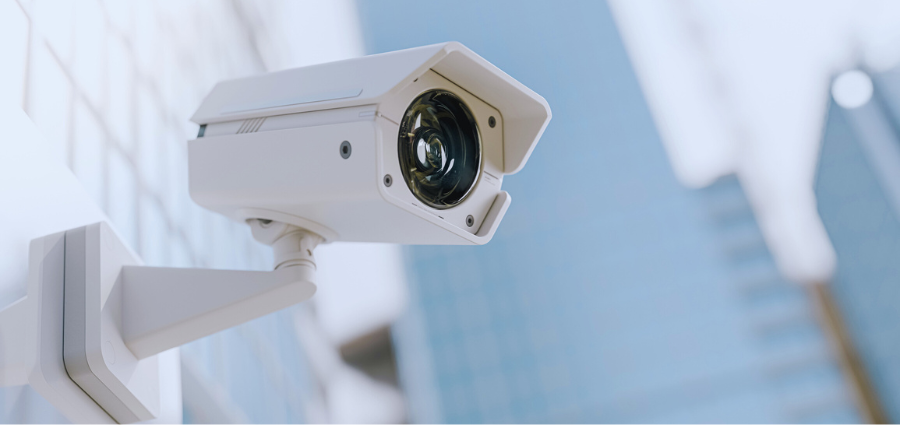
Learn more about our faith | Why pray?
“You are under CCTV surveillance!” This is a notice we increasingly encounter today. Institutions, offices, public places—almost everywhere—is scanned by CCTV cameras. The purpose is clear: to capture every movement, identify mischief, trace mishaps, and deter harmful actions. Though CCTV is a modern technological marvel, humanity has had its own "human version" of surveillance long before its invention. Today’s Gospel offers proof of this.
The Pharisees and scribes acted as the “human CCTV” of their time. In the Gospel, we see Jesus and His disciples under their watchful gaze. As they walked through a grain field on the Sabbath, the disciples, feeling hungry, plucked some heads of grain. This act was fully permissible under God’s law, as stated in Deuteronomy 23:25: “When you enter your neighbor’s standing grain, you may pluck the heads with your hand, but you shall not put a sickle to it.”
However, Jewish traditions had added layer upon layer of restrictive rules to the Sabbath law. These traditions were meticulously recorded in the Talmud, which contains 24 chapters of Sabbath laws. Some of these rules were astonishingly rigid: no burden heavier than a dried fig could be carried, a needle couldn’t be held, nor clothing examined lest a louse be killed accidentally. Lighting or extinguishing candles, buying, selling, or even bathing were forbidden, and women couldn’t wear jewelry heavier than a dried fig.
These man-made rules made the Sabbath oppressive and unkind. The Pharisees, self-appointed enforcers of these laws, acted like CCTV cameras, closely watching Jesus and His disciples to catch them breaking Sabbath traditions. Ironically, in their zeal to find fault, the Pharisees themselves broke Sabbath laws. By following Jesus and His disciples, they probably walked farther than the allowable distance—yet they conveniently overlooked their own transgressions while accusing others.
This reveals a deeper issue: a hypocritical and judgmental spirit. The Pharisees justified themselves while harshly condemning others. Do we sometimes share this tendency? Are we quick to find faults in others while excusing our shortcomings? Do we magnify weaknesses instead of celebrating strengths?
It is human to notice flaws, but divine to accept, encourage, and uplift. Jesus invites us to rise above negativity and judgment. Instead of adopting the Pharisees’ mindset, we are called to foster compassion and understanding. Let us not be like human CCTVs—focused solely on faults—but instead be people who build, bless, and inspire.
As we reflect on this Gospel, let us ask for the grace to see others as God sees them: with love, mercy, and hope. May we choose to criticize less, appreciate more, and help others grow stronger in their journey. In doing so, we reflect the heart of Jesus, who calls us to be watchful—not for faults, but for opportunities to love and serve.
Father Boby John, C.S.C., ordained a priest in the Congregation of Holy Cross in 2008, worked as a pastor and an educator with tribal populations in Northeast India for thirteen years. Originally from Kerala, India, Father Boby grew up with his parents and three siblings. He is a dedicated and detailed educationist with a Master's degree in Educational Management and is pursuing a PhD in Educational Leadership. He is currently working as the Co-Director of Family Rosary, USA, and as the chaplain at the world headquarters of Holy Cross Family Ministries, North Easton, Massachusetts.
